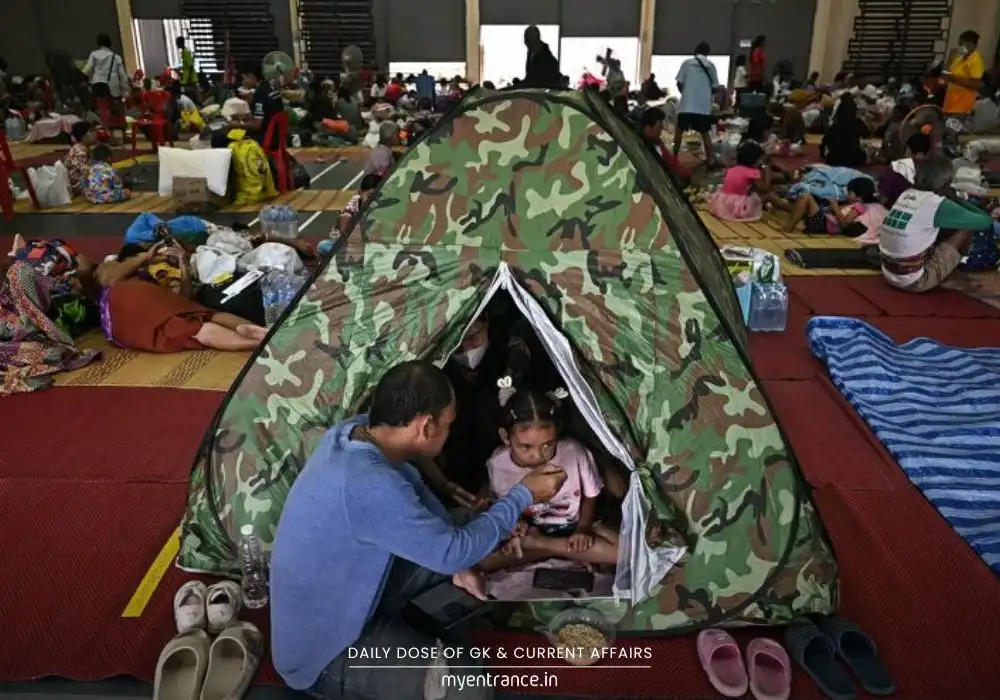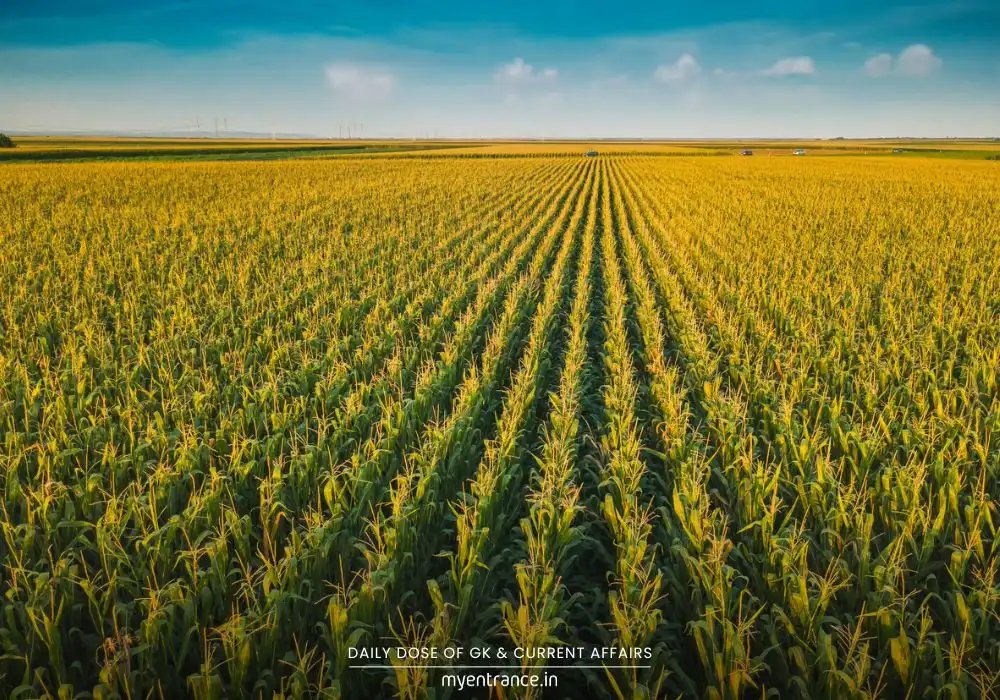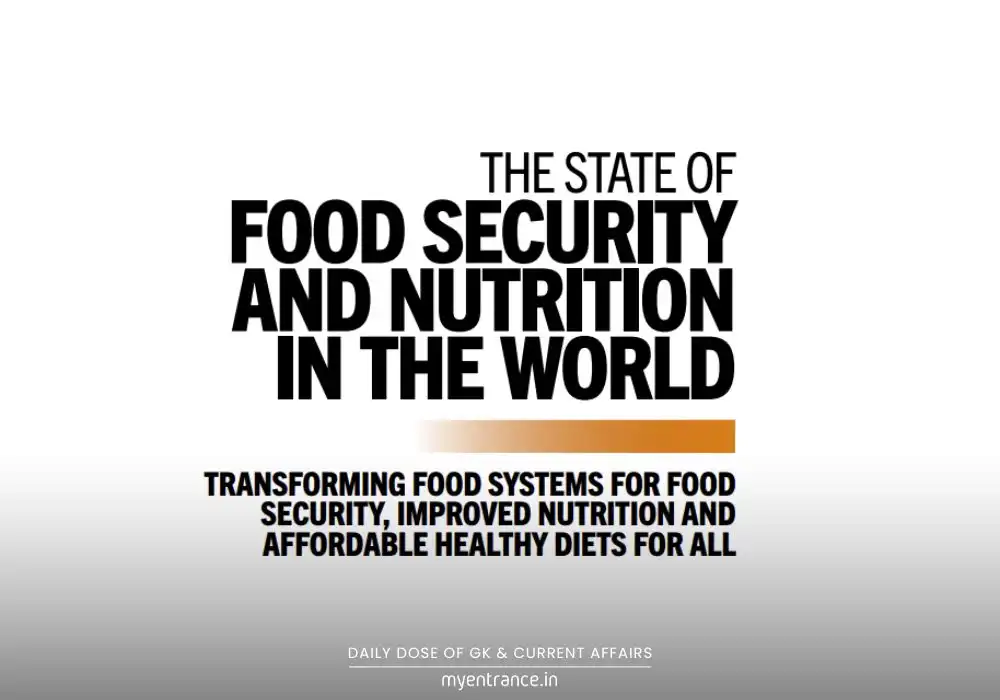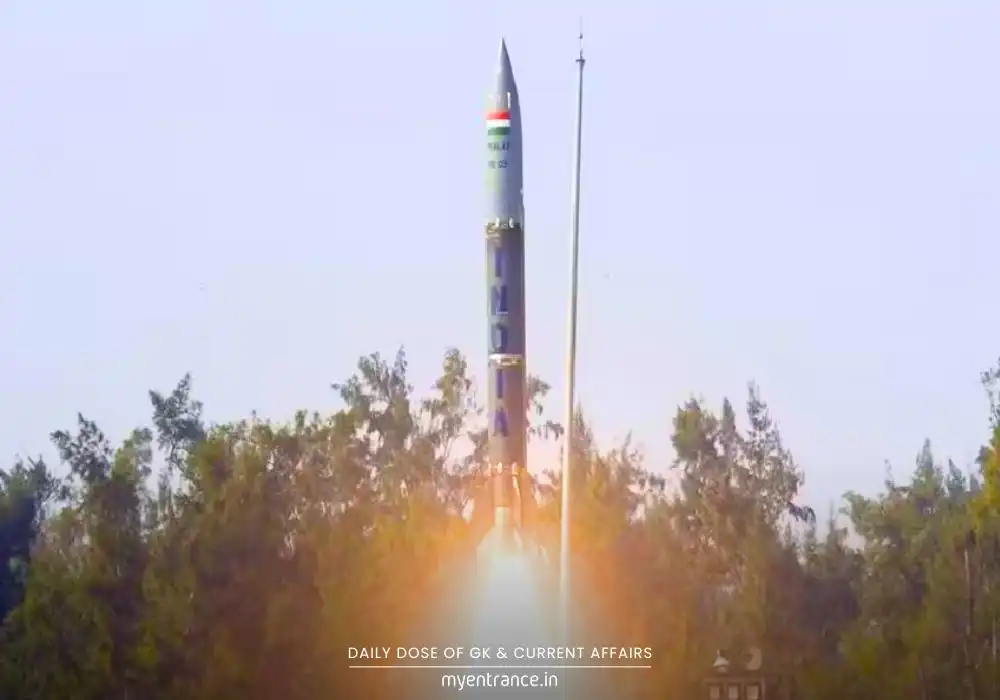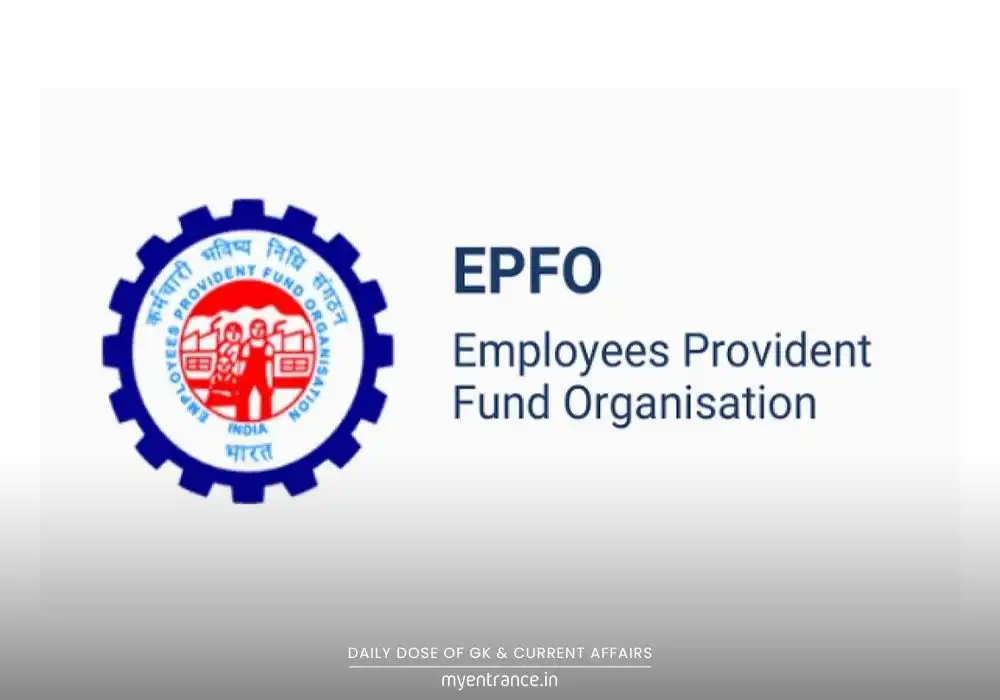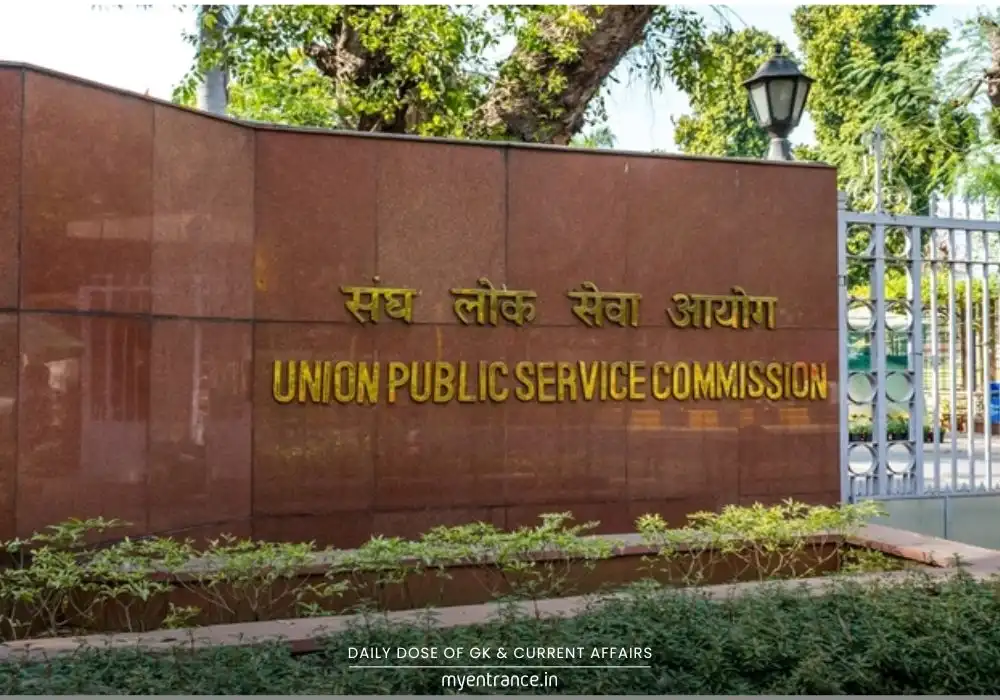Select Language
Bihar’s Electoral Roll Revamp: Birth Proof Mandate & Its Impact on Indian Elections
The Election Commission has launched a special electoral roll revision in Bihar, requiring voters missing from 2003 rolls to submit birth proofs. This pilot could reshape India’s voter registration framework, with deep implications for election integrity and constitutional governance.
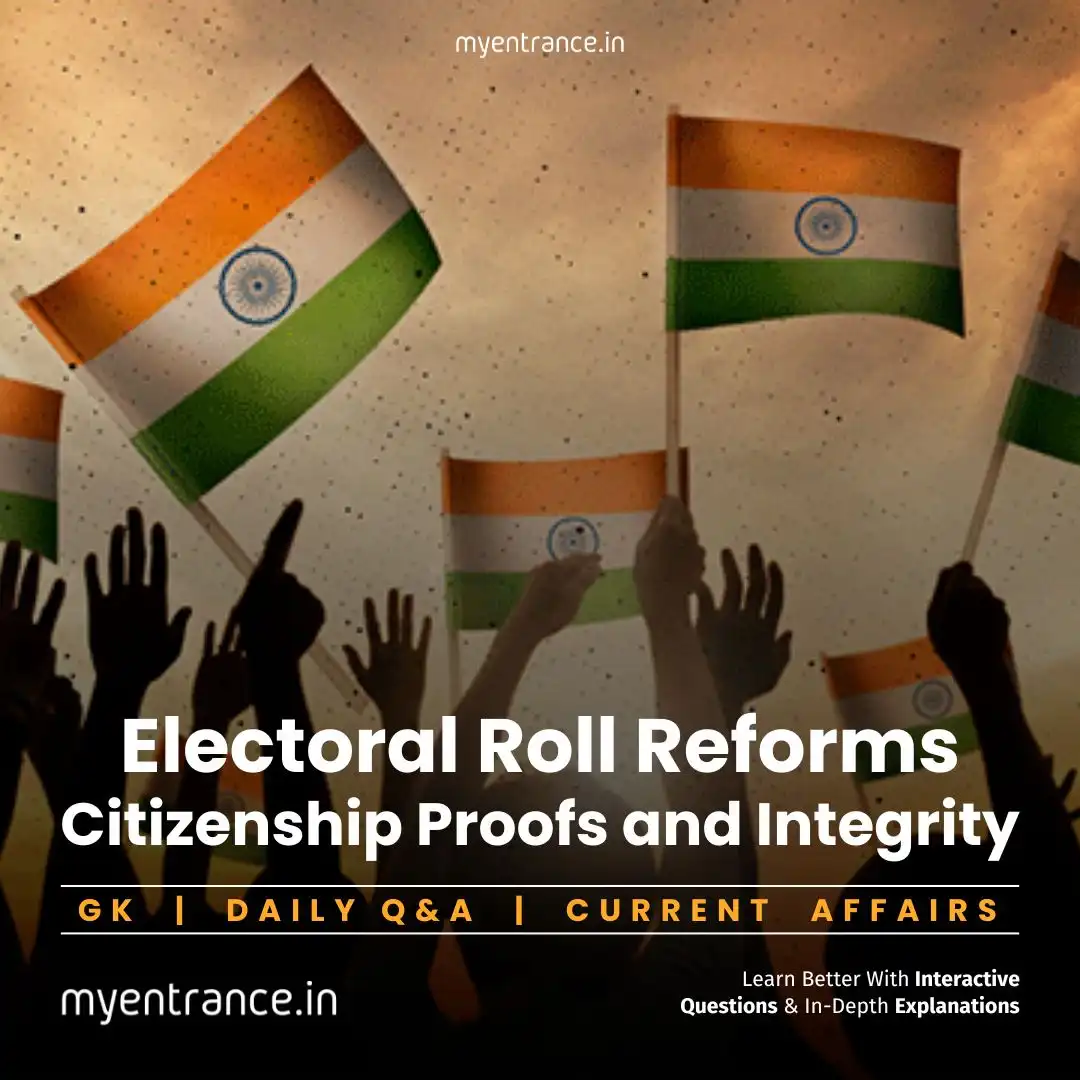
Why Bihar’s Electoral Revision Matters
Imagine preparing for elections without verified voter lists – chaos follows. That’s why the Election Commission’s (ECI) intensive revision in Bihar is a watershed moment. Targeting voters absent from the 2003 electoral rolls, it mandates documented proof of age and citizenship. For exam aspirants, this isn’t just news; it’s a live case study in India’s electoral machinery under Article 324 and the Representation of the People Act (RPA).
The 2003 Benchmark: More Than Just a Date
Why 2003? Bihar’s last intensive revision used January 1, 2003, as the qualifying date. The ECI now treats that roll as “probative evidence of citizenship.”
Birth Proof Rules:
*Pre-1987 births*: Submit personal birth documents.
*1987-2004 births*: Provide parents’ birth proofs (aligned with Citizenship Act).
*Post-2004 births*: Both parents’ proofs required.
How the Revision Works: Step-by-Step
Form Distribution: Booth Level Officers (BLOs) deliver pre-filled enumeration forms door-to-door.
Document Submission: Voters submit forms with proofs via BLOs or the ECINET app by August 1.
Draft Roll Publication: Lists published on August 1 for public scrutiny.
Claims & Objections: Corrections accepted until September 1.
Final Roll: Published on September 30.
Key Constitutional & Legal Angles
Article 324: Empowers ECI to supervise elections, including roll revisions.
RPA, 1950 (Section 23): Mandates EROs to verify voter eligibility.
Safeguards: Three BLO visits minimum, no deletions without inquiry, and appeal rights for excluded voters.
Challenges & Opportunities
Risks: 7.72 crore Bihar voters could face exclusion if documents aren’t submitted.
Tech Edge: ECINET app boosts transparency but tests digital access in rural Bihar.
Broader Impact: Success here could drive nationwide roll clean-ups, reducing duplicate/fraudulent votes.
Why Exam Aspirants Should Care
This revision tests:
Federalism (ECI-state coordination)
Citizenship laws (proof requirements)
Digital governance (ECINET app)
Right to Equality (fair enrolment)
All are hot topics for SSC, PSC, and UPSC Mains GS-II.
Sample Q&A for Competitive Exams
Q1. Which constitutional article empowers the Election Commission to revise electoral rolls?
A: Article 324 (empowers ECI to supervise elections, including roll revisions).
Q2. Why is Bihar using the 2003 electoral roll as a benchmark?
A: It serves as “probative evidence of citizenship” since Bihar’s last intensive revision used January 1, 2003, as the qualifying date.
Q3. Under the new rules, what proof must a voter born in 1990 submit?
A: Birth proof of either parent (as per the 1987-2004 category under Citizenship Act rules).
Q4. Which section of the RPA, 1950, guides Electoral Registration Officers (EROs) in verifying voters?
A: Section 23 (directs EROs to ensure only eligible persons are enrolled).
Q5. If Bihar has 7.72 crore voters, and 15% fail to submit forms, how many risk deletion?
A: Approximately 1.16 crore voters (calculation: 7.72 × 0.15).
Most Predicted Questions
Comprehensive study materials, Expert-guided tips & tricks, Mock tests and instant results.
Start your SSC, NIFT, NID, FDDI, PSC journey today with MyEntrance, your ultimate online coaching platform.

